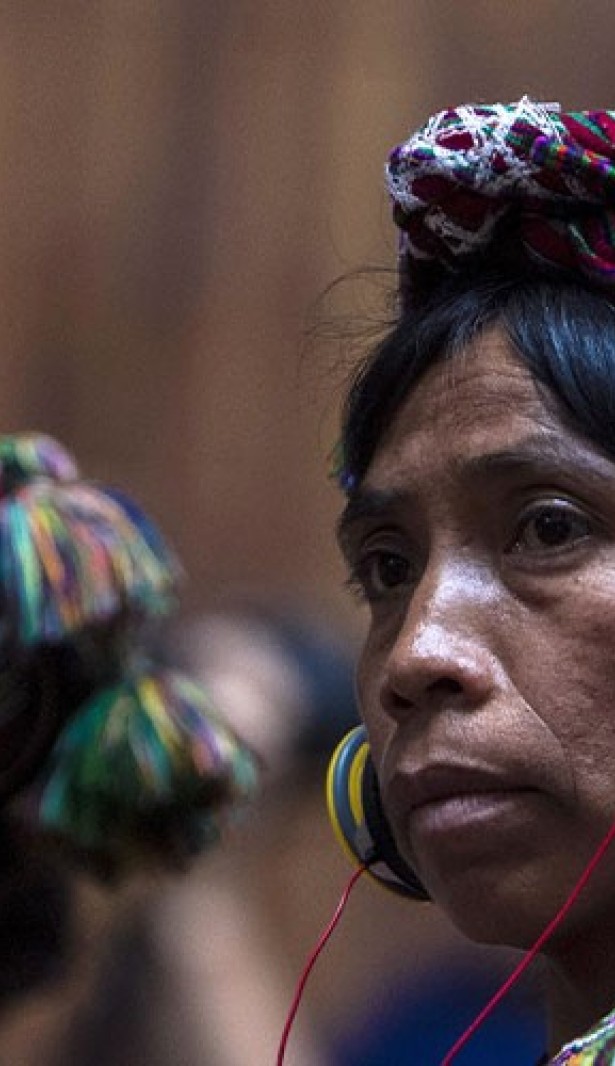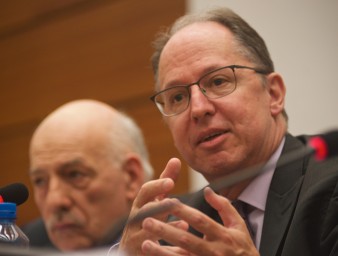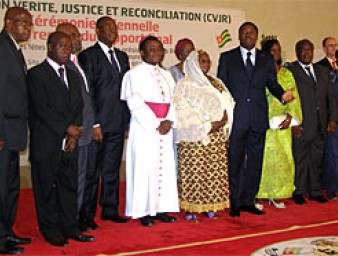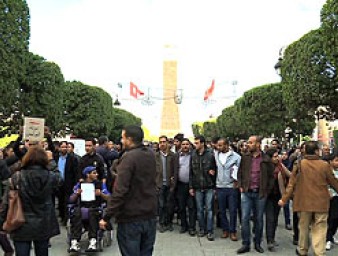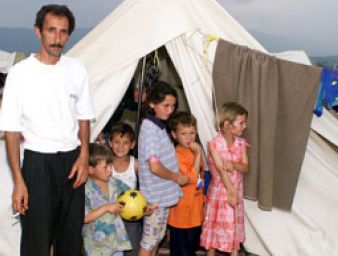Expert: Reparations for victims of rights violations not optional
24 October 2019
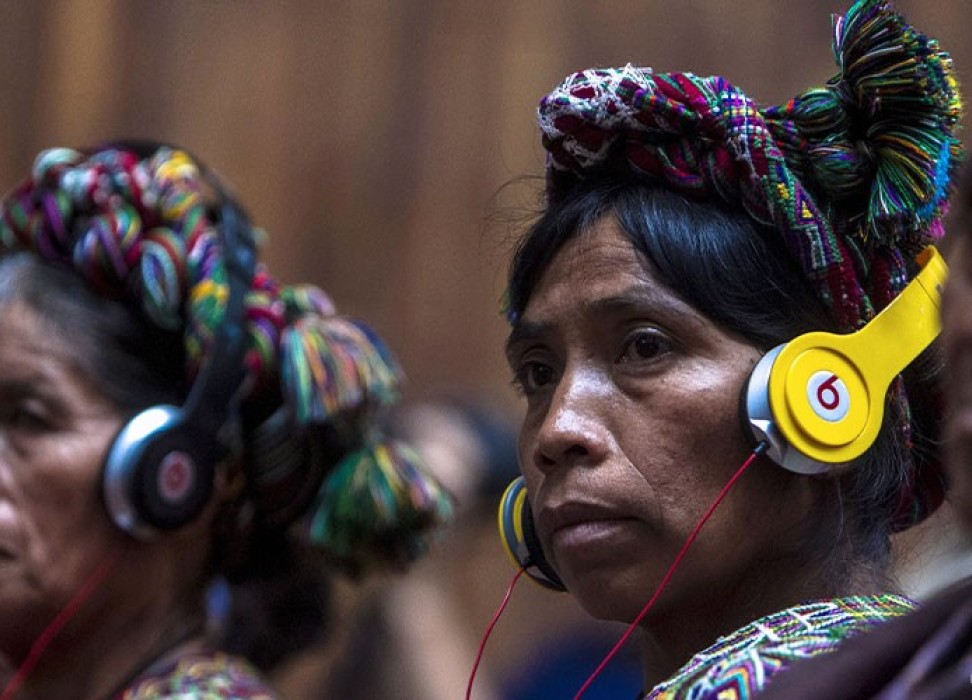
When it comes to providing compensation and rehabilitation to redress the harm provoked by serious human rights and humanitarian law violations, the needs of victims are often left out of the process, said UN expert Fabián Salvioli.
“Victims often find themselves in a vulnerable situation and are generally excluded from decision-making: That should not continue to happen. I strongly urge States to put victims at the centre of their programmes and grant them full participation so that the process has real legitimacy,” he said.
Salvioli, who is the Special Rapporteur on the promotion of truth, justice, reparations and guarantees of non-repetition, made his statement during the Human Rights Council.
In a report presented to the Council, Salvioli says that domestic reparation programmes aimed at providing redress to victims of gross human rights violations need to be more holistic, attending needs that are physical as well as emotional. “Reparations should go beyond compensation, and include restitution (if possible), satisfaction, rehabilitation and guarantees of non-recurrence”.
He also noted that in many places victims are perceived as taking advantage if they seek any sort of redress, he added. But redress is their right.
“Reparations for human rights violations are not matters that depend on political will; they are clear legal obligations that emerge from international law, and States must act accordingly with that duty,” Salvioli said.
Domestic reparations programmes are the most effective tools for victims of gross human rights violations and serious violations of humanitarian law to receive reparation, the report stated. However, they often face enormous challenges. In many cases, these programmes are under-funded or do not possess the necessary legal and institutional security to function properly. They may also be uncomprehensive and not take into consideration the full range of needs of victims, said Salvioli. For example, provision for the rehabilitation and reparation of victims in vulnerable situations, particularly victims of sexual violence, is often missing in such programmes.
“I would like to point out that the failure to provide adequate and prompt reparation to victims entails their revictimization and may constitute inhumane and degrading treatment,” he said.
To improve this, Salvioli’s report makes several recommendations including better funding for programmes, designing reparation programmes that are adequate efficient and comprehensive to handle the full spectrum of victim needs, and ensuring and facilitating effective participation and consultation and a meaningful role for victims in the design of any programme.
24 October 2019
